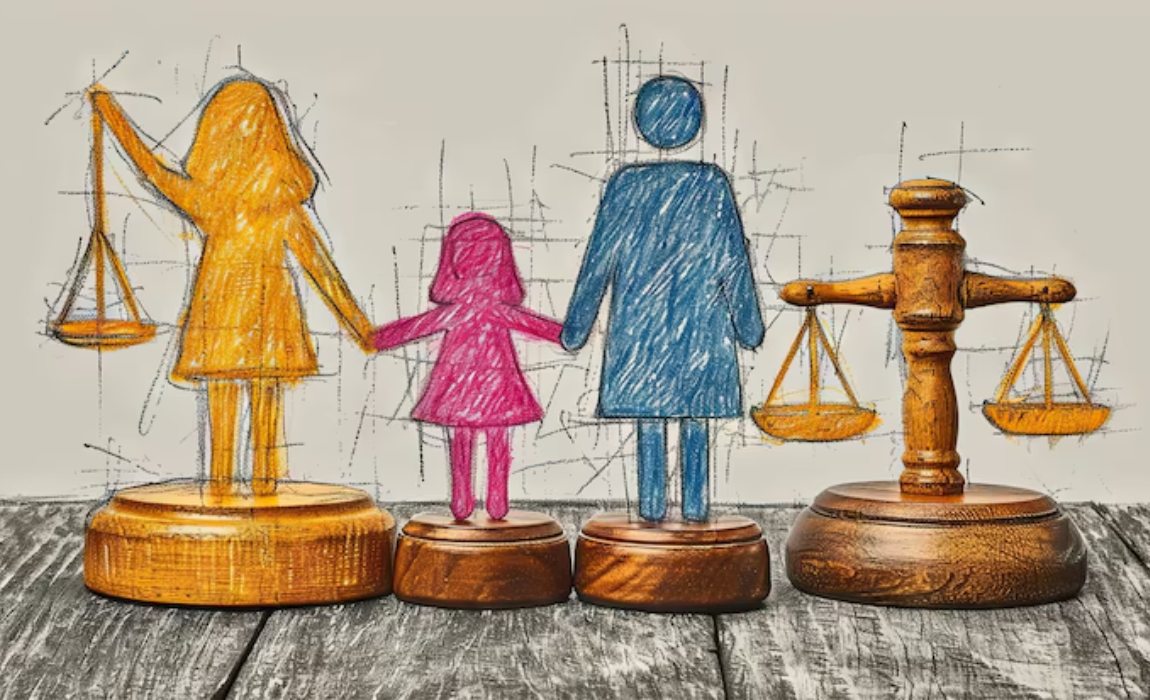
Child-friendly legal aid scheme in Maharashtra upheld
The Bombay High Court recently closed a case that asked for proper rules to help children get free legal aid in Maharashtra. The government told the court that a scheme already exists for this purpose. Under the National Legal Services Authority (NALSA), special legal help units for children (called LSCUs) have been started in every district since September 2024.
At first, this sounds like a good step. But when we look closer, there is a serious problem. The Maharashtra State Legal Services Authority (MSLSA) admitted in court that not a single case—not even cases related to child custody, guardianship, or POCSO (sexual offences against children)—has been sent to these child legal aid units so far.
This shows that although the scheme is on paper, it is not being used in real life. The
children who were supposed to benefit from it have not received any help. This is a major concern.
Children involved in legal matters, especially in custody fights or sexual abuse cases, often do not have anyone to speak for them. Courts usually listen to the parents, assuming they will act in the child’s best interest. But in many cases, the child’s own views and needs are ignored. That is why child-friendly legal aid is important—it allows children to have their own voice through a lawyer.
The PIL filed in court had rightly said that children are “silent sufferers” in such legal battles. And now, even after the court accepted that a scheme exists, it’s clear that no one is using it. The problem is not the absence of a policy, but the failure to implement it.
There are many possible reasons for this:
• Judges and court staff might not know that such a scheme exists.
• There is no rule that makes it mandatory for courts to refer child cases to these units.
• Courts may believe that children don’t need separate legal help if their parents are already fighting the case.
But no matter what the reason, the end result is that children are still without support. So, what should be done?
First, all judges, especially in family and POCSO courts, must be trained and informed about this scheme. They should understand that children have the right to be heard through legal aid.
Second, there should be a rule that every time a child is involved in a case, the judge must check if the child has a legal representative. If not, the court should automatically refer the case to the child legal aid unit.
Third, people should know that such legal help exists. Posters in courtrooms, awareness drives in schools, and announcements through NGOs can help spread the message.
Mumbai Police recently set up child-friendly spaces in police stations where children feel safe and comfortable. These are small but important steps. Now, we need the same kind of effort in our courts.
The child legal aid scheme in Maharashtra has great potential. But unless it is actually used, it won’t help anyone. Children deserve a chance to be heard in court—not just as part of someone else’s case, but in their own right. The law is there to protect them, but it must also reach them.
This is not just about rules and schemes—it’s about justice. And justice delayed, or justice denied to a child, is a failure we must not allow.
